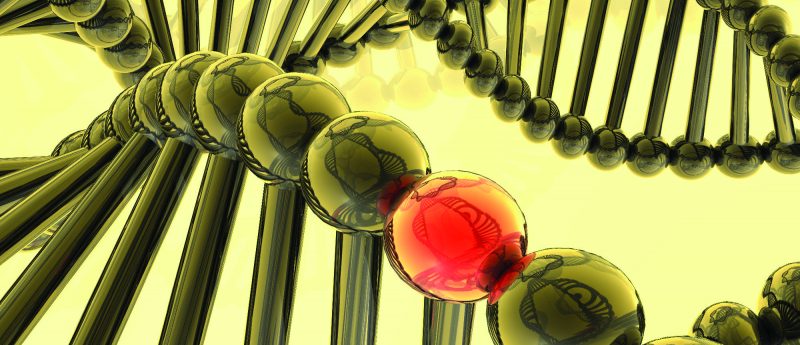Integrating genomic data into clinics: a new tumor-classification system

Researchers from the Center for Genomic Regulation (Barcelona, Spain) have conducted the largest genomic data study of its kind and created a new tumor-classification system, which may aid in cancer diagnosis and treatment option guidance.
Researchers from the Center for Genomic Regulation (Barcelona, Spain) have conducted the largest genomic data study of its kind and created a new 16-group, tumor-classification system; ten of these groups contain important, clinically relevant information on cancer diagnosis and treatment options, such as the likeliness that individuals will respond well to immunotherapy.
In the study, researchers analyzed the genetic mutations found in 2583 individuals with 37 different cancer types; a total of 45 million mutations were identified across study participants’ tumors. Approximately 1.2 million of these detected tumor mutations were classified as non unique — i.e. these were detected at the same sites in two or more patients.
Investigators observed that non-unique tumor mutations were more likely to be found in tumors of certain cancers types, namely skin, esophageal and lymphoma. The implications of this are such that causative agents of these cancers — for example, UV light exposure or gastric reflux — seemingly result in more predictable DNA damage compared with random chance mutations alone.
By contrast, non-unique mutations were least commonly identified in liver and kidney tumors, suggesting that factors associated with increased risks of developing these cancers cause less predictable, more random DNA damage.
Researchers exploited the number of non-unique mutations associated with individuals’ tumors to stratify the tumors into 16 categories, each with particular associated characteristics. For example, one group of tumors was defined by the presence of mutations that result in unstable DNA.
Ten of the 16 classes outlined in the study have clinically relevant implications; these may aid clinicians with more accurate diagnoses and the selection of more effective treatment regimens, such as by helping identify which patients may respond well to immunotherapy.
Senior study author Ivo Gut (Centre for Genomic Regulation) explained: “Cancer is a complex disease that requires a bespoke course of action to diagnose, manage and treat effectively. Currently doctors look for individual mutations at specific locations in DNA, which has a limited view. Using whole genome sequencing provides a complete overview of the number of mutations in a tumor, allowing doctors to classify the cancer type and gain deeper understanding of disease, which can have important implications for the way they treat their patients.”
The study authors also highlight the potential benefits of their classification system and whole genome sequencing for identifying the origins of metastatic tumors, even if the primary tumor may no longer be present.
In the study, the authors conclude: “Our findings are an important step towards the development of a generic cancer diagnostic test for clinical practice based on whole-genome sequencing that could replace multiple diagnostics currently in use.”
Sources:
Stobbe MD, Thun GA, Diéguez-Docampo A et al. Recurrent somatic mutations reveal new insights into consequences of mutagenic processes in cancer. PLoS Comput Biol. doi:10.1371/journal.pcbi.1007496 (2019) (Epub ahead of print);
